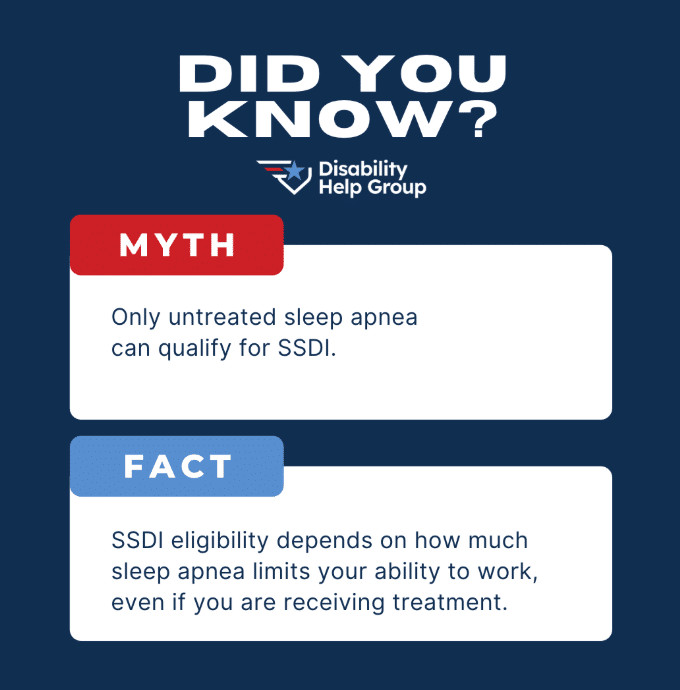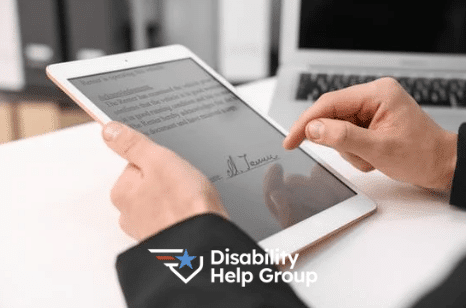SSD Benefits for Sleep Apnea
Sleep apnea isn’t listed in the Social Security Blue Book, meaning there’s no set list of criteria to tell a person suffering from this condition whether the Social Security Administration (SSA) will consider them disabled. But, that doesn’t necessarily mean you can’t get SSD benefits in connection with sleep apnea.
What is Sleep Apnea?
This is a medical condition that causes people to stop breathing temporarily while sleeping. The most common type is obstructive sleep apnea, which occurs when airways are blocked during sleep. Another type, central sleep apnea, is far less common. With this type of condition, breathing stops because the brain isn’t sending the right message. There’s also a third type that occasionally emerges as a result of treatment for obstructive sleep apnea.
Obstructive sleep apnea can result in a wide range of symptoms and other medical conditions, including:
- Chronic daytime sleepiness
- Insomnia
- Morning headaches
- Difficulty concentrating
- Metabolic disease
- High blood pressure
- Coronary artery disease
- Stroke
Receiving SSD for Sleep Apnea and Resulting Conditions
One way someone suffering from this condition may qualify for SSD benefits would be if the condition triggered or worsened a condition that is listed in the Blue Book. For example, there is a Blue Book listing for “vascular insult to the brain,” which includes stroke. If you’ve had a stroke triggered by sleep apnea and meet the Blue Book criteria, you may be eligible for SSD. Similarly, cardiovascular disorders resulting from or made worse by this condition may qualify you.
If you don’t meet the criteria for a listed condition, you may still be eligible for disability benefits for this condition, or for a combination of conditions that includes sleep apnea. To determine whether or not you are disabled by non-listed conditions, the SSA assesses “residual functional capacity.” In simple terms, that’s the work you still have the capacity to do even considering your medical limitations.
To make this determination, the SSA uses a grid that takes into account your age, your educational level, the skill level of your past employment, and whether you have skills that are transferable to work you can do with your medical limitations.

Sleep Apnea SSD Claims Aren’t Simple
With no Blue Book listing and a range of possibly-connected disorders that may or may not have their own listings, the success or failure of your claim for SSD benefits may hinge on how your claim is presented and whether you’ve assembled the right evidence.
At Disability Help Group, our advocates have a solid understanding of what the SSA is looking for and how to put together the strongest claim possible. To learn more about how we can help, call (800) 800-3332 right now, or contact us here now.







